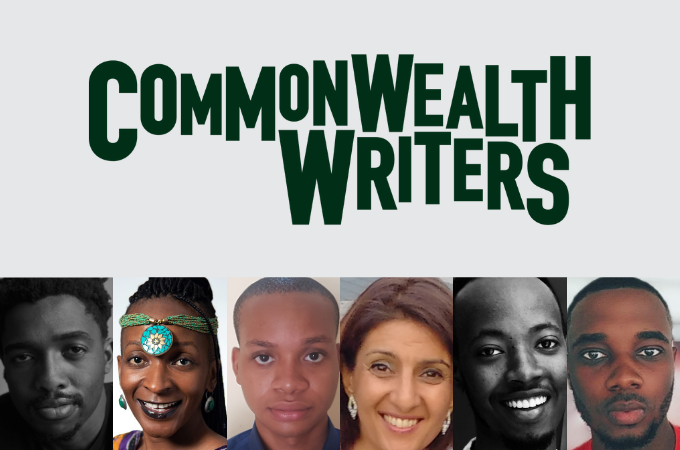
The Commonwealth Foundation has announced the shortlist for the 2022 Commonwealth Short Story Prize. A total of 26 writers across five continents were drawn from a record 6,730 entries. 5 of these stories are on the Africa shortlist, with a 6th story by Kenyan-British author Farah Ahmed on the Europe/Canada list.
In the “Africa Region” category, there are few records. Again, Nigeria is doubly represented, occupying two out of the five spots. One of them, Franklyn Usouwa is making a second, consecutive appearance, having being shortlisted just last year. Also, the Swazi writer Ntsika Kota is the first writer from eSwatini to be shortlisted. The stories address a diversity of themes, ranging from forbidden love to the experience of coming-of-age, bereavement and climate change. They equally span genres from speculative and literary fiction to romance and crime.
Shortlist: Africa Region
“and the earth drank deep” by Ntsika Kota (eSwatini): A tale from the distant past of our species; of a day when cold blood flowed for the first time, and the earth drank deep.
“Lifestyle Guide for The Discerning Witch” by Franklyn Usouwa (Nigeria): A story about the effects of cultural gender bias on the development of a girl and how her defiance shapes the woman she becomes.
“Something Happened Here” by Dera Duru (Nigeria): After spending years on the run, a man goes back home to confront his past and his brother’s ghost.
“How to Operate the New Eco-Protect Five-in-One Climate Control Apparatus” by Charlie Muhumuza (Uganda): In 2050, an attached user manual introduces the capabilities of a new home appliance with immediate application and consequences.
“Thandiwe” by Mubanga Kalimamukwento (Zambia): A story in fragments on the meaning of family through the eyes of a hurting daughter caring for her ailing mother.
‘Hot Chutney Mango Sauce’ by Farah Ahmed (Canada/Europe): Five girls are homeless and live in the backyard of a shrine. The story is told in the first-person plural and from the point of view of the men who work in the kiosks in the shrine car park.
***
The 2022 judging panel is chaired by Guyanese writer Fred D’Aguiar and includes Rwandan publisher Louise Umutoni (Africa), Indian short story writer and novelist Jahnavi Barua (Asia), Cypriot writer and academic Stephanos Stephanides (Canada and Europe), Trinidadian novelist and former winner of the Commonwealth Short Story Prize Kevin Jared Hosein, and Australian Wiradjuri writer, poet and academic Jeanine Leane (Pacific).
Fred D’Aguair praised the versatility and wisdom of the stories, as well as their remarkable ability to balance history and storytelling. “These stories are as diverse as the world that they are drawn from and care about: they reflect a complex and afflicted planet; they answer the call of today’s multiple societal tensions by acts of reading that transform how the reader views that world,” he remarks.
The regional winners will be announced on Monday 23 May, before being published online by the literary magazine Granta. The overall winner will be announced in June. The 2022 shortlisted stories will be published online, in the innovative online magazine of the Commonwealth Foundation, adda.
***
Authors’ Bios
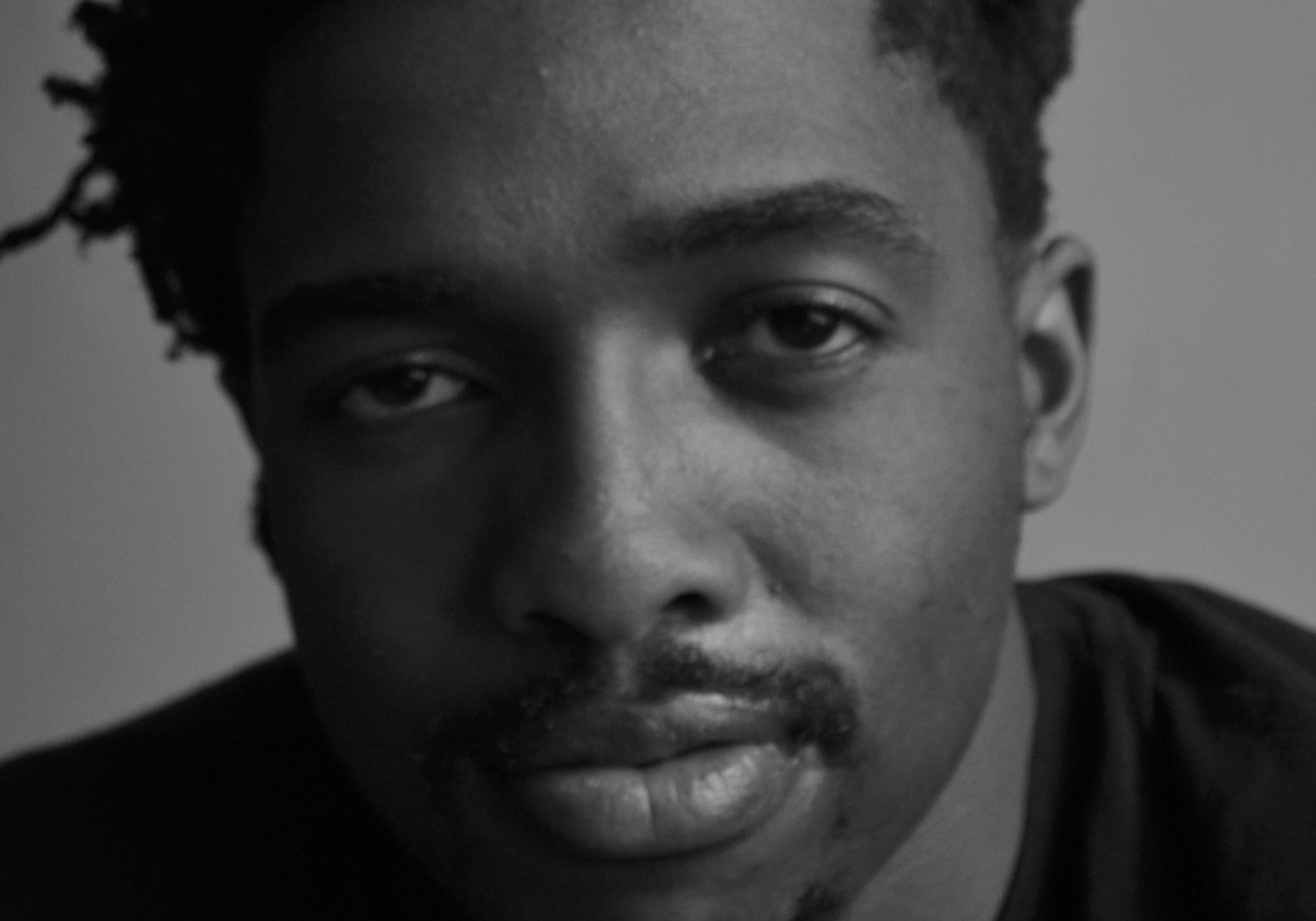
Ntsika Kota was Born in Mbabane, eSwatini. He is a chemist by training. A self-taught writer, he was originally inspired by a high school writing assignment. Ntsika’s work is a reflection of his thoughts and feelings, and he enjoys creating that reflection.
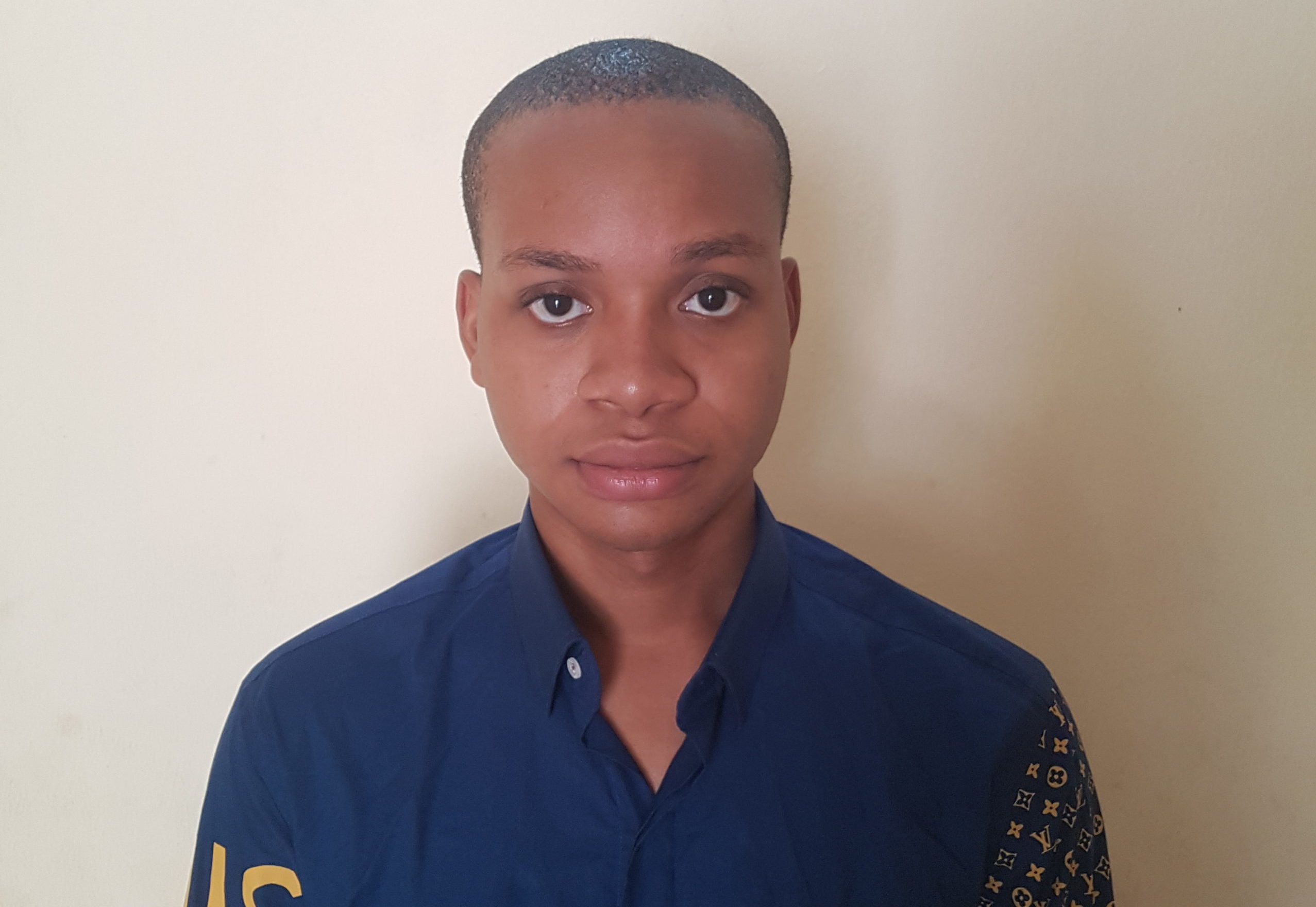
Franklyn Usouwa is a Nigerian storyteller presently studying for an undergraduate degree in Chemical and Petroleum Engineering at the University of Lagos. He is interested in storytelling in all its possible forms but has a particularly soft spot for short stories. Franklyn was shortlisted for the 2021 Commonwealth Short Story Prize and his short stories have been published in The Kalahari Review and Writer’s Space Africa.
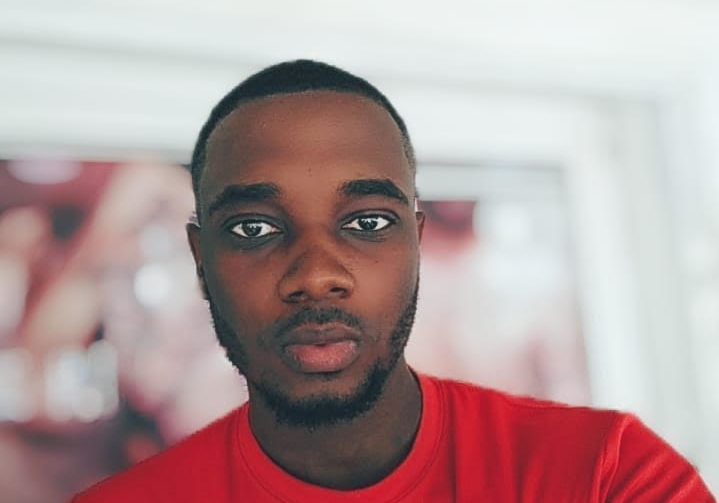
Dera Duru is a Nigerian writer and laboratory scientist. An alumnus of the Purple Hibiscus Workshop, his works appear or are forthcoming in Litro UK, Make-a-Dream, and elsewhere.
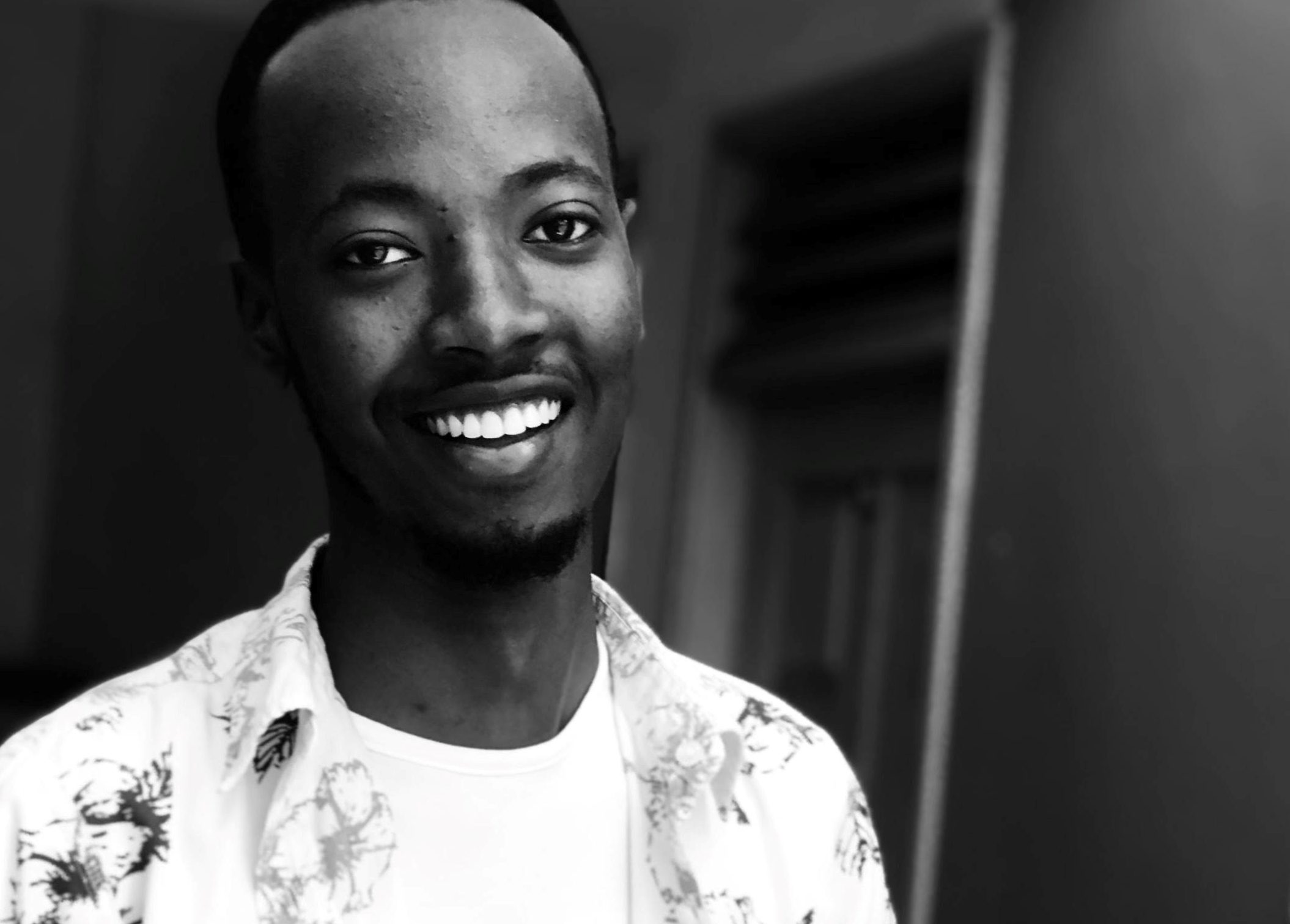
Charlie Muhumuza is a Ugandan writer and lawyer. His short fiction has been featured in Jalada Africa, Isele Magazine and elsewhere. He was awarded third prize at the inaugural Kalahari Short Story Competition in 2020, and was longlisted for the 2021 Afritondo Short Story Prize. He lives in Kampala, Uganda.
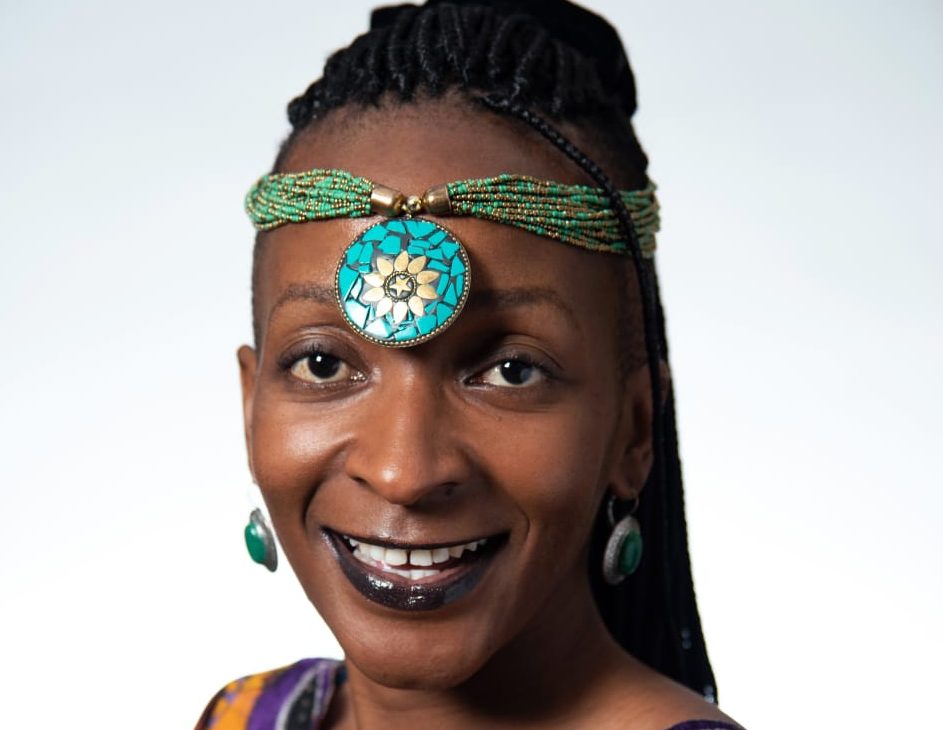
Mubanga Kalimamukwento is a Zambian lawyer and artist. Her first novel, The Mourning Bird, won the Dinaane Debut Fiction Award in 2019. She has also won the Kalemba Short Story Prize and has been shortlisted for the Miles Morland Scholarship, Nobrow and Bristol Short Story Prizes. Mubanga is an alumna of the Hubert H. Humphrey (Fulbright) Fellowship and a current Hawkinson Scholar. She’s also an MFA student at Hamline University, where she received the Writer of Color Merit Scholarship and was named a Deborah Keenan Poetry Scholar. She is the Fiction Editor for Doek!, Assistant Fiction Editor for the Water-Stone Review, and a mentor at the Minnesota Prison Writing Workshop.
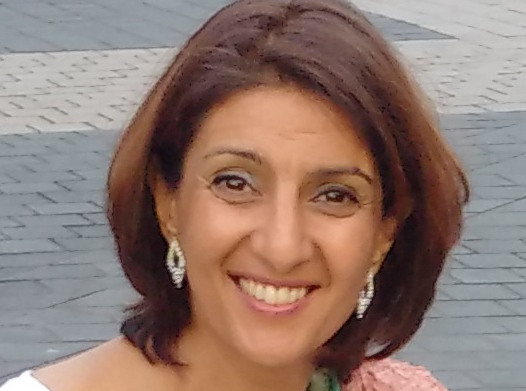
Farah Ahamed’s short stories and essays have been published in Ploughshares, The White Review, The Mechanics’ Institute Review and The Massachusetts Review, among others. She is working on a novel, Days without Sun, a story about friendship and survival in the backstreets of Lahore. She is the editor of the anthology Period Matters: Writing and Art on Menstruation Experiences in South Asia, published by Pan Macmillan India, 2022. Farah was born in Kenya and currently lives between London and Lahore. You can read more about her here: farahahamed.com.








COMMENTS -
Reader Interactions